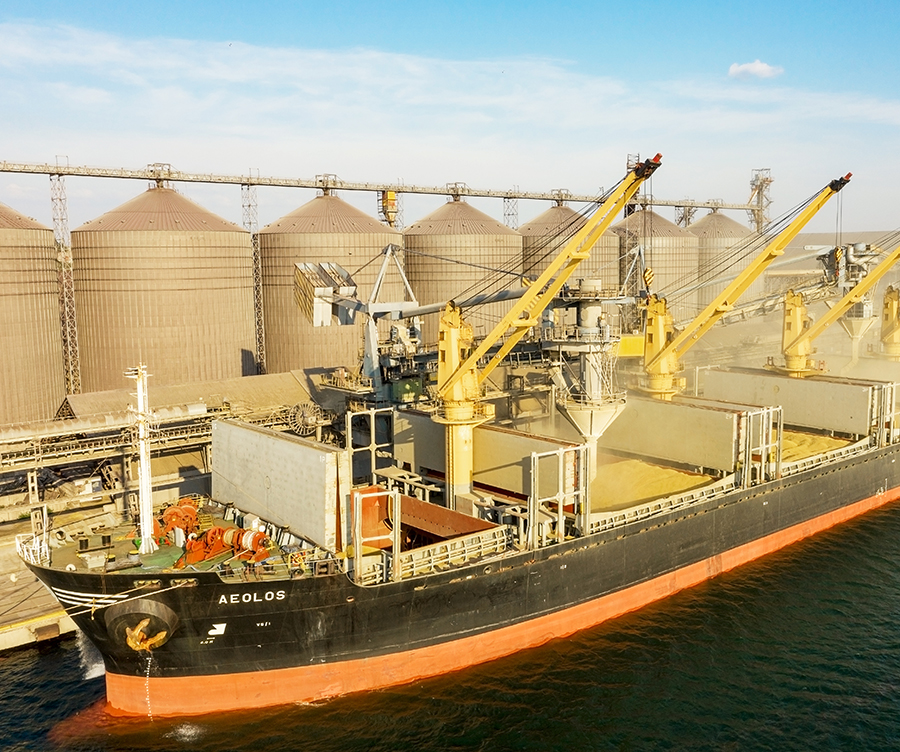The announcement came from broker Marsh this week, and according to Reuters, the grain export deal, which was just a year old, was abandoned by Moscow, a move that the United Nations warned could have dire consequences for global hunger.
The marine cargo and war facility, led by Ascot, an insurer associated with Lloyd’s of London, along with other underwriters, offered coverage of up to $50 million per cargo.
David Roe, head of UK cargo at Marsh, the facility’s broker, confirmed the suspension, stating, “It is currently on pause… It is suspended effectively due to the agreement not being extended.”
The insurance coverage has been crucial in ensuring the safe passage of shipments through the designated corridor.
The Russian military struck Ukrainian ports on Tuesday, and the Kremlin issued a warning that attempts to transport grain from Ukrainian Black Sea terminals without security guarantees from Moscow would carry significant risks due to Kyiv’s use of those waters for military activities.
Marcus Baker, Marsh’s global head of marine and cargo, said there is an expectation that coverage will continue, albeit potentially at a higher cost. He stated, “There is every expectation that there will continue to be cover, but it might be at a price that is difficult.”
Baker also highlighted the paramount importance of prioritising the safety and well-being of the crew, urging shipowners to consider this when making decisions.
Renewal of additional war risk insurance premiums, which are necessary when entering the Black Sea area, is required every seven days. These premiums are already expensive and are expected to increase further. Moreover, shipowners may be hesitant to expose their vessels to a war zone without Russia’s agreement, while the presence of floating mines adds to the risks.
Baker commented, “If you looked at the situation now compared to three or four weeks ago, the whole region is likely to be a riskier area.”
As a consequence, the Lloyd’s of London insurance market has already designated the Black Sea region as high risk.








